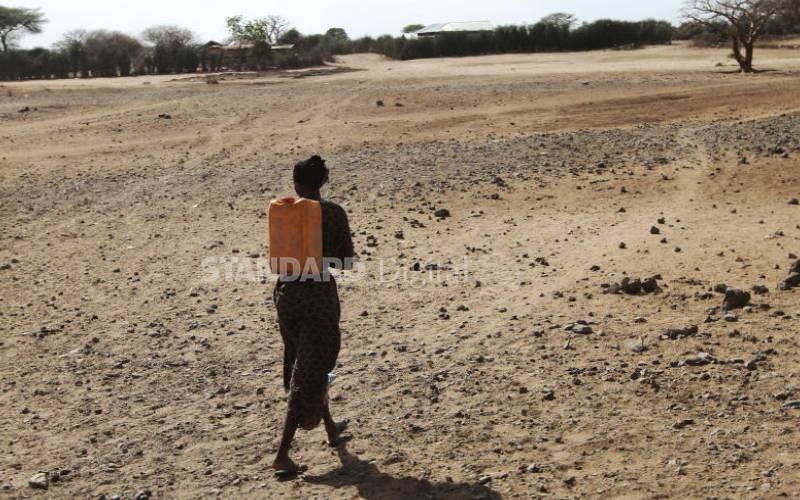×
The Standard e-Paper
Kenya’s Boldest Voice

While the majority of nations have increased their individual levels of ambition to reduce greenhouse gas emissions, their combined impact only achieves a one per cent reduction, the UN has said.
The findings of the just-released report paint a bleak picture, with emissions reductions far from set targets.